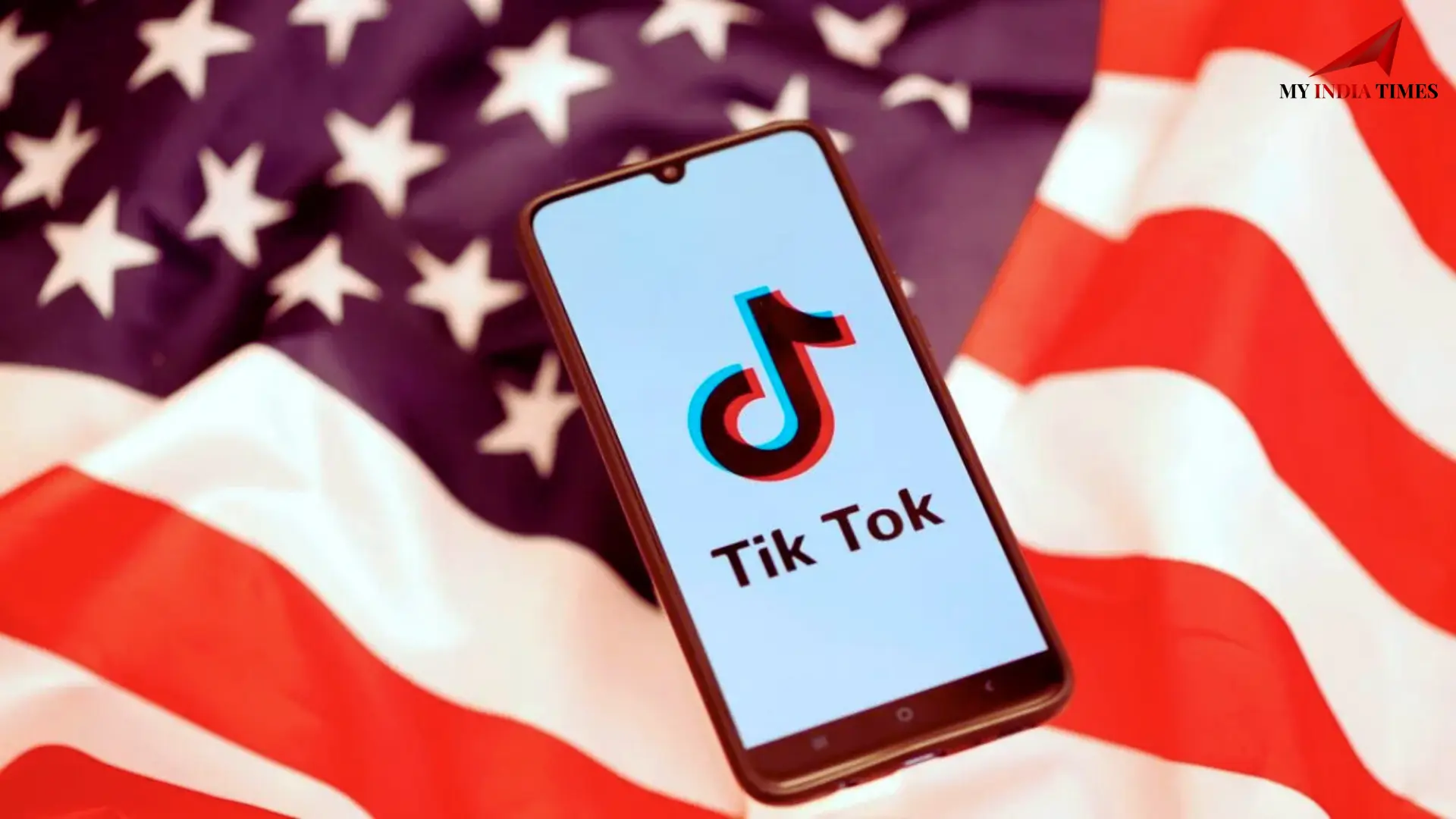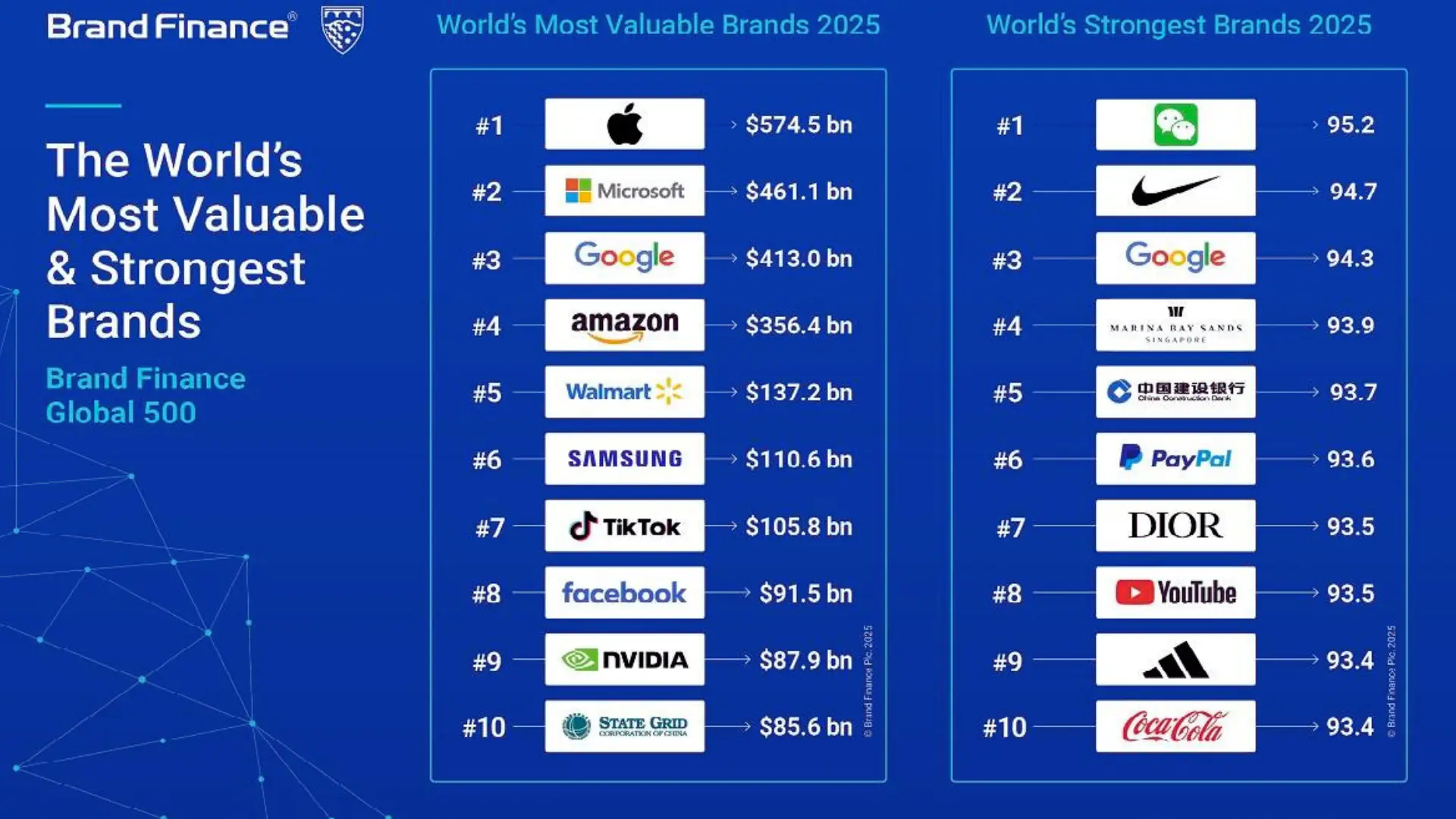Home / brand-post / The Challenge of Leaving X: Why Brands Face a Complex Decision When Exiting the Platform
The Challenge of Leaving X: Why Brands Face a Complex Decision When Exiting the Platform
By: My India Times
5 minutes read 43Updated At: 2025-01-31

On March 21, 2006, a new era of digital communication began with a simple tweet from Twitter’s founder, Jack Dorsey: "Just setting up my twttr." Unlike other social media platforms at the time, such as MySpace and Facebook, Twitter introduced a unique feature that allowed users to engage with anyone without requiring an approval request. This openness quickly attracted companies eager to connect with their customers on a more direct level.
Twitter's Rise to Relevance: Why Brands Considered It a Must-Have Platform
Over the years, Twitter became an essential tool for brands looking to participate in cultural conversations. According to Alex Wilson, a senior strategist at the marketing agency Pitch, "If you were a brand that wanted to be part of any cultural moments that were happening, Twitter was a great place to be." It was an environment where businesses could interact with consumers, address concerns in real time, and take part in trending discussions.
One of the early adopters was Elon Musk, who joined Twitter on June 4, 2010, with a tweet clarifying, "Please ignore prior tweets, as that was someone pretending to be me :) This is actually me." Little did anyone know, Musk would later become the platform’s owner, radically transforming its identity and policies.
Elon Musk’s Acquisition of Twitter: A Turning Point That Sparked an Exodus
In 2022, Musk completed a billion acquisition of Twitter, bringing about widespread changes, including mass layoffs, algorithm adjustments, and a rebranding of the platform to "X." Among the most controversial shifts were the reinstatement of banned accounts, an altered stance on content moderation under the guise of "free speech," and a leadership style that alienated many former employees and advertisers.
Since Musk’s takeover, numerous brands have reconsidered their presence on X, leading to what some have called "The Great X-odus." A primary concern has been the unpredictability of content appearing alongside brand messages, which can easily be screenshotted and shared. Research from the Institute of Strategic Dialogue found that between June 2022 and February 2023, antisemitic posts on X doubled, raising concerns about brand safety.
Political Controversies and Their Impact on Brand Perception
The controversy surrounding X has not been limited to content moderation. Musk’s personal engagement in political discourse has also caused concern, particularly in the UK, where his posts about sensitive issues like grooming gangs have influenced public discussions and even government actions. According to research by More In Common, while some see Musk’s interventions as a pursuit of justice, a significant portion of the public—44%—believes he is primarily seeking attention. His approval rating in the UK currently sits at -35.
Brands Pull Advertising and Leave X in Response to Growing Concerns
The changing landscape of X has led major corporations to either leave the platform or pause advertising. Toward the end of 2023, high-profile companies such as Apple, IBM, and Disney withdrew advertisements, while Unilever and Mars faced lawsuits from Musk, who accused them of unlawfully boycotting the platform.
Alex Wilson from Pitch highlights the shift in perception: "It's broadly fair to say Twitter is becoming less relevant across the world. It's been a very long time since clients came to us and said: 'Twitter's fun and exciting. We want to be in that space.' Unless you are targeting specific audiences, like political groups or sports fans, it's hard to justify the value in staying."
Trump’s Re-Election Sparks More Departures from X as Brands Reevaluate Their Presence
The re-election of Donald Trump has prompted further scrutiny of X’s direction under Musk. Some organizations, including Germany’s FC St Pauli football club, have decided to leave the platform. Having posted over 60,000 times since 2013 and amassing nearly 250,000 followers, the club announced its departure just ten days after Trump’s election victory was confirmed.
"We discussed the decision for a year," said club spokesperson Patrick Gensing. "We were mostly posting content with counter speech to hate. We had a lot of content for diversity, anti-racism, and anti-sexism." However, increasing exposure to antisemitic and conspiratorial posts convinced the club to step away. "We don’t think racism is freedom of speech," Gensing asserted.
BMW and Other Brands Quietly Exit X Without Making a Public Statement
Among the latest departures is BMW’s UK division, which announced in late January that it would no longer post on X, instead directing users to its Facebook and Instagram pages. Unlike FC St Pauli, BMW’s exit came without much fanfare, reflecting a growing trend where companies choose to step away without issuing bold public statements.
While it is difficult to quantify exactly how many brands have reduced their presence on X, the trend is clear: a steady movement away from the platform as it struggles to balance content moderation with its commitment to "free speech."
The Dilemma of Leaving X: Why Some Organizations Still Find Value in Staying
Despite the challenges, X remains an important tool for certain organizations, particularly those that rely on real-time communication. Andrew Cassidy, senior director of digital strategy and engagement at the Massachusetts Bay Transportation Authority (MBTA), acknowledges the platform’s limitations but emphasizes its role in customer service.
"For us, there is still value in being on X," Cassidy says. "We try to match where our riders are. When people are tweeting at the MBTA, someone can provide a definitive answer in the moment. Our broadcasting system is exclusively tied into our X account, but we still field customer service questions across other platforms."
For entities like the MBTA, the ability to quickly address customer concerns outweighs the drawbacks, at least for now.
Navigating the Future of Social Media: Should Brands Continue to Stay on X?
As digital landscapes evolve, companies must carefully evaluate their presence on X and other social platforms. Harvard Business School visiting scholar Goran Calic notes that brands leaving X must consider the long-term implications. "When users leave, the impact depends on who is leaving and why. A local authority posting news provides significant value to the network. If such an account leaves, it can hurt both the platform and its users," he explains.
"Users protesting by leaving should weigh the broader social implications of staying versus exiting."
In the modern era, it is virtually "unthinkable" for a business to not have a social media presence, Patrick Gensing points out. However, he also warns, "We have to view all platforms critically. It’s not only X. The companies behind them set up the rules of the game, and they can change them."
Ultimately, brands must navigate a delicate balance between reaching their audiences and ensuring they are aligned with the values they wish to uphold. For some, X remains indispensable. For others, the cost of staying may simply be too high.
....On March 21, 2006, a new era of digital communication began with a simple tweet from Twitter’s founder, Jack Dorsey: "Just setting up my twttr." Unlike other social media platforms at the time, such as MySpace and Facebook, Twitter introduced a unique feature that allowed users to engage with anyone without requiring an approval request. This openness quickly attracted companies eager to connect with their customers on a more direct level.
Twitter's Rise to Relevance: Why Brands Considered It a Must-Have Platform
Over the years, Twitter became an essential tool for brands looking to participate in cultural conversations. According to Alex Wilson, a senior strategist at the marketing agency Pitch, "If you were a brand that wanted to be part of any cultural moments that were happening, Twitter was a great place to be." It was an environment where businesses could interact with consumers, address concerns in real time, and take part in trending discussions.
One of the early adopters was Elon Musk, who joined Twitter on June 4, 2010, with a tweet clarifying, "Please ignore prior tweets, as that was someone pretending to be me :) This is actually me." Little did anyone know, Musk would later become the platform’s owner, radically transforming its identity and policies.
Elon Musk’s Acquisition of Twitter: A Turning Point That Sparked an Exodus
In 2022, Musk completed a billion acquisition of Twitter, bringing about widespread changes, including mass layoffs, algorithm adjustments, and a rebranding of the platform to "X." Among the most controversial shifts were the reinstatement of banned accounts, an altered stance on content moderation under the guise of "free speech," and a leadership style that alienated many former employees and advertisers.
Since Musk’s takeover, numerous brands have reconsidered their presence on X, leading to what some have called "The Great X-odus." A primary concern has been the unpredictability of content appearing alongside brand messages, which can easily be screenshotted and shared. Research from the Institute of Strategic Dialogue found that between June 2022 and February 2023, antisemitic posts on X doubled, raising concerns about brand safety.
Political Controversies and Their Impact on Brand Perception
The controversy surrounding X has not been limited to content moderation. Musk’s personal engagement in political discourse has also caused concern, particularly in the UK, where his posts about sensitive issues like grooming gangs have influenced public discussions and even government actions. According to research by More In Common, while some see Musk’s interventions as a pursuit of justice, a significant portion of the public—44%—believes he is primarily seeking attention. His approval rating in the UK currently sits at -35.
Brands Pull Advertising and Leave X in Response to Growing Concerns
The changing landscape of X has led major corporations to either leave the platform or pause advertising. Toward the end of 2023, high-profile companies such as Apple, IBM, and Disney withdrew advertisements, while Unilever and Mars faced lawsuits from Musk, who accused them of unlawfully boycotting the platform.
Alex Wilson from Pitch highlights the shift in perception: "It's broadly fair to say Twitter is becoming less relevant across the world. It's been a very long time since clients came to us and said: 'Twitter's fun and exciting. We want to be in that space.' Unless you are targeting specific audiences, like political groups or sports fans, it's hard to justify the value in staying."
Trump’s Re-Election Sparks More Departures from X as Brands Reevaluate Their Presence
The re-election of Donald Trump has prompted further scrutiny of X’s direction under Musk. Some organizations, including Germany’s FC St Pauli football club, have decided to leave the platform. Having posted over 60,000 times since 2013 and amassing nearly 250,000 followers, the club announced its departure just ten days after Trump’s election victory was confirmed.
"We discussed the decision for a year," said club spokesperson Patrick Gensing. "We were mostly posting content with counter speech to hate. We had a lot of content for diversity, anti-racism, and anti-sexism." However, increasing exposure to antisemitic and conspiratorial posts convinced the club to step away. "We don’t think racism is freedom of speech," Gensing asserted.
BMW and Other Brands Quietly Exit X Without Making a Public Statement
Among the latest departures is BMW’s UK division, which announced in late January that it would no longer post on X, instead directing users to its Facebook and Instagram pages. Unlike FC St Pauli, BMW’s exit came without much fanfare, reflecting a growing trend where companies choose to step away without issuing bold public statements.
While it is difficult to quantify exactly how many brands have reduced their presence on X, the trend is clear: a steady movement away from the platform as it struggles to balance content moderation with its commitment to "free speech."
The Dilemma of Leaving X: Why Some Organizations Still Find Value in Staying
Despite the challenges, X remains an important tool for certain organizations, particularly those that rely on real-time communication. Andrew Cassidy, senior director of digital strategy and engagement at the Massachusetts Bay Transportation Authority (MBTA), acknowledges the platform’s limitations but emphasizes its role in customer service.
"For us, there is still value in being on X," Cassidy says. "We try to match where our riders are. When people are tweeting at the MBTA, someone can provide a definitive answer in the moment. Our broadcasting system is exclusively tied into our X account, but we still field customer service questions across other platforms."
For entities like the MBTA, the ability to quickly address customer concerns outweighs the drawbacks, at least for now.
Navigating the Future of Social Media: Should Brands Continue to Stay on X?
As digital landscapes evolve, companies must carefully evaluate their presence on X and other social platforms. Harvard Business School visiting scholar Goran Calic notes that brands leaving X must consider the long-term implications. "When users leave, the impact depends on who is leaving and why. A local authority posting news provides significant value to the network. If such an account leaves, it can hurt both the platform and its users," he explains.
"Users protesting by leaving should weigh the broader social implications of staying versus exiting."
In the modern era, it is virtually "unthinkable" for a business to not have a social media presence, Patrick Gensing points out. However, he also warns, "We have to view all platforms critically. It’s not only X. The companies behind them set up the rules of the game, and they can change them."
Ultimately, brands must navigate a delicate balance between reaching their audiences and ensuring they are aligned with the values they wish to uphold. For some, X remains indispensable. For others, the cost of staying may simply be too high.
By: My India Times
Updated At: 2025-01-31
Tags: brand-post News | My India Times News | Trending News | Travel News
Join our WhatsApp Channel










































































































.png)
 (1).png)























